You’ve heard it before:
“All work and no play makes Jack a dull boy.”
Are you working too hard and for too long without taking a break? If so, you might be harming your brain and body more than doing good.
Taking work breaks is not a luxury but a necessity for your well-being and performance. Science has proven that regular breaks boost productivity, creativity, mood, and health.
But how can you take effective breaks that help you achieve your goals? And how often should you take them? Keep reading!
Why are breaks important?
Continuous work depletes your brain's fuel (glucose and oxygen) and neurotransmitters, impairing your cognitive abilities and mood.
Breaks restore these resources and prevent or reverse mental fatigue. Taking breaks at regular intervals boosts your productivity, creativity, and well-being.

But how do you know when to take a break?
To notice the moment when you need a break, you should pay attention to your physical and mental signs of fatigue and stress. Some of these signs are:
- Feeling tired, hungry, thirsty, or restless
- Having difficulty concentrating, remembering, or making decisions
- Making more errors, mistakes, or accidents
- Feeling bored, frustrated, anxious, or depressed
- Having headaches, eye strain, back pain, or muscle tension
These signs indicate that your brain and body are running low on energy and resources and need a break to replenish them.
However, you shouldn’t wait for these signs to appear before taking a break. Some people may not notice them for hours, but they still accumulate in the body.
Taking breaks can help you work longer and better. For example, if you can work efficiently for 6 hours without breaks, you can work for 9-11 hours with breaks.
How often should you take breaks?
The optimal timing and duration of breaks can vary depending on factors such as:
- The type, time, and intensity of the work you do
- The length and quality of the breaks you take
- Individual differences in brain function and preferences
However, here are a few effective break methods to try:
Pomodoro method
The Pomodoro technique is a time management method where you take a 5-minute work break after every 25 minutes of focused work.
After completing four Pomodoros (25-minute work intervals), you take a longer break of around 30 minutes. This technique helps maintain focus and reduces mental fatigue.
90-minute work blocks
The 90-minute work block technique involves focusing on a specific task for a full 90 minutes, followed by a break of 20 minutes.
This technique is based on the concept of our natural work and rest cycles, known as the ultradian rhythm. According to this rhythm, the average human attention span lasts about 90 minutes before fatigue sets in.
Implementing this technique allows you to reset your mind, restore energy levels, and improve overall productivity throughout the day. It provides an effective way to work in concentrated bursts while ensuring regular breaks for rejuvenation.
52-17 method
This method suggests taking a 17-minute break after working for 52 minutes. Regular short breaks help you stay focused, enhance productivity, and reduce stress.
Two 15-minute breaks per day
This time management technique emphasizes taking two 15-minute breaks during the workday to prevent burnout.
These breaks can be taken at any time during the day as long as they do not interfere with your work schedule.
The ideal timing for work breaks depends entirely on your work schedule and your work type.
Why does taking regular breaks matter so much?
Here is why:
Increase productivity
Work breaks increase productivity, improve performance, and prevent burnout. It allows you to regain your focus and energy.
Research by the University of Illinois found that staying focused on a single task for a prolonged period hinders your performance. Another study found that 'micro breaks' at work can help fatigued employees engage more efficiently. So, you should schedule regular breaks to keep up productivity.
Fuel your creativity
Taking short breaks during work directly impacts creativity. When you engage in a task for too long, your brain becomes fatigued, compromising your ability to think creatively.
On the other hand, breaks allow your mind to rest and rejuvenate, which stimulates creative thinking and helps in gaining a new perspective on the matter.
Improves mental health and wellbeing
Strategic breaks help in recovering from work stress and exhaustion. It restores energy, returns your mental systems to the baseline, and decreases the development of fatigue.
Excessive workload often triggers anxious reactions and negative thinking, which drain your energy and motivation.
You will feel happier
Work breaks significantly boost mood by giving you a mental break from the monotony of work. Allowing your mind and body to relax at work will improve your focus and increase your motivational levels. It also reduces negative emotions associated with work-related stress, which would otherwise lead to frustration.
A brief break is an opportunity to engage in activities you enjoy. Such activities release endorphins (happy hormones) which will lift your mood and make you more positive.
Helps you remember your goal
Work breaks help re-evaluate the day's goals by allowing us time to step back and think about what we have accomplished and what we want to do next. When we reflect on our progress and priorities, it gives us clarity toward achieving the goal.
Improves physical health
Regular breaks reduce the risk of muscular skeletal disorders such as back pain, repetitive stress injuries, and eye strain.
Sitting in the same position for prolonged periods causes muscle tension, soreness, and fatigue. Regular breaks are a great chance to move around and stretch your body to prevent injuries.
Boosts employee engagement
Short work breaks are positively associated with employee engagement. It allows them to clear their mind and maintain a healthy work-life balance, improving the quality of work. Breaks give employees a sense of control over their work, boosting their engagement and productivity and leading to higher job satisfaction.
Tips for effective work day breaks
Breaks should be taken as an opportunity to improve overall performance instead of an excuse to procrastinate or avoid work.
Do you want to know how to make the maximum out of your break? Following are some proven ways to an effective break:
Take a walk
Walking increases blood flow to the brain improves memory and cognitive performance, and stretches and tones muscles.
Studies have proved that a 5-minute stroll after every hour during the workday effectively reduces stress and boosts creativity and mood.
Get a healthy snack
Your food choices impact how you feel during your working hours. When you eat healthy snacks during the break, it balances your sugar levels, which increases your concentration and improves your mood. Try snacking on yogurt, almonds, fruits, and protein bars during your break.
Meditate

Meditation is the most effective and quick way to mentally and physically relax. It helps reduce stress and anxiety and promotes relaxation by training the brain to focus on one thing.
There are many ways to practice this powerful relaxation technique, i.e., sitting, lying down, or even while walking.
Just find yourself a quick and comfortable place where you can sit or lie down undisturbed for 5 to 10 minutes. You can also use a meditation cushion as it provides more comfort and support and improves your overall posture.
Take a nap to recharge
A good nap during a break refreshes your mind and increases productivity. A study found that performance deterioration was prevented by allowing individuals to take a midday nap of 30 minutes.
Takeaway
Working hard is admirable, but working smart is even better. And working smart means taking regular breaks to recharge your brain and body. Science shows that taking breaks can enhance your productivity, creativity, mood, and health.
But how can you take breaks effectively and efficiently? And how often should you do it? In this article, we shared some useful tips and guidelines for taking work breaks.
Now it’s your turn to apply them to your workday. How do you plan to take breaks? What do you like to do during your breaks? How do you feel before and after taking a break?
Think about these questions and see how taking work breaks can make a difference for you and your goals.




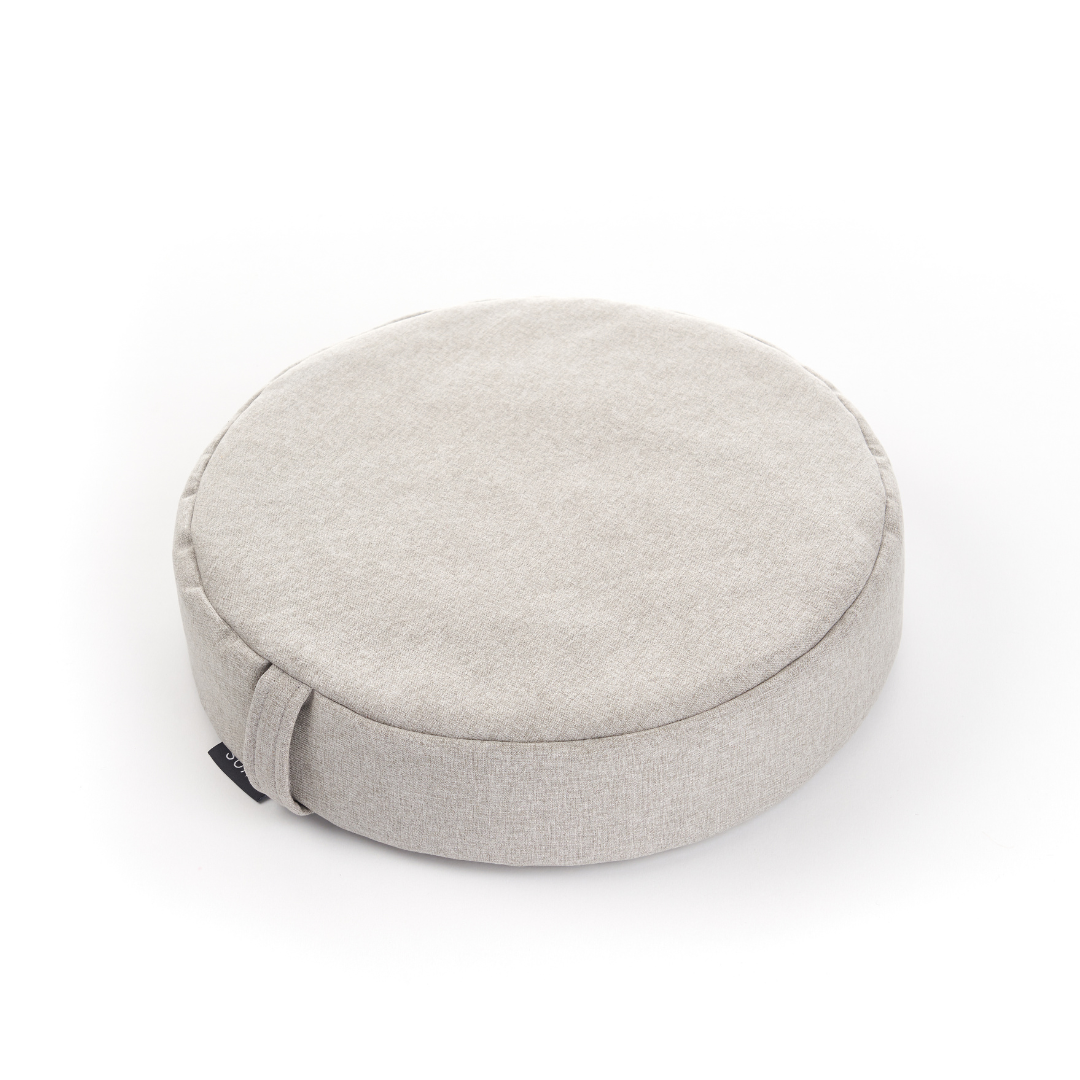
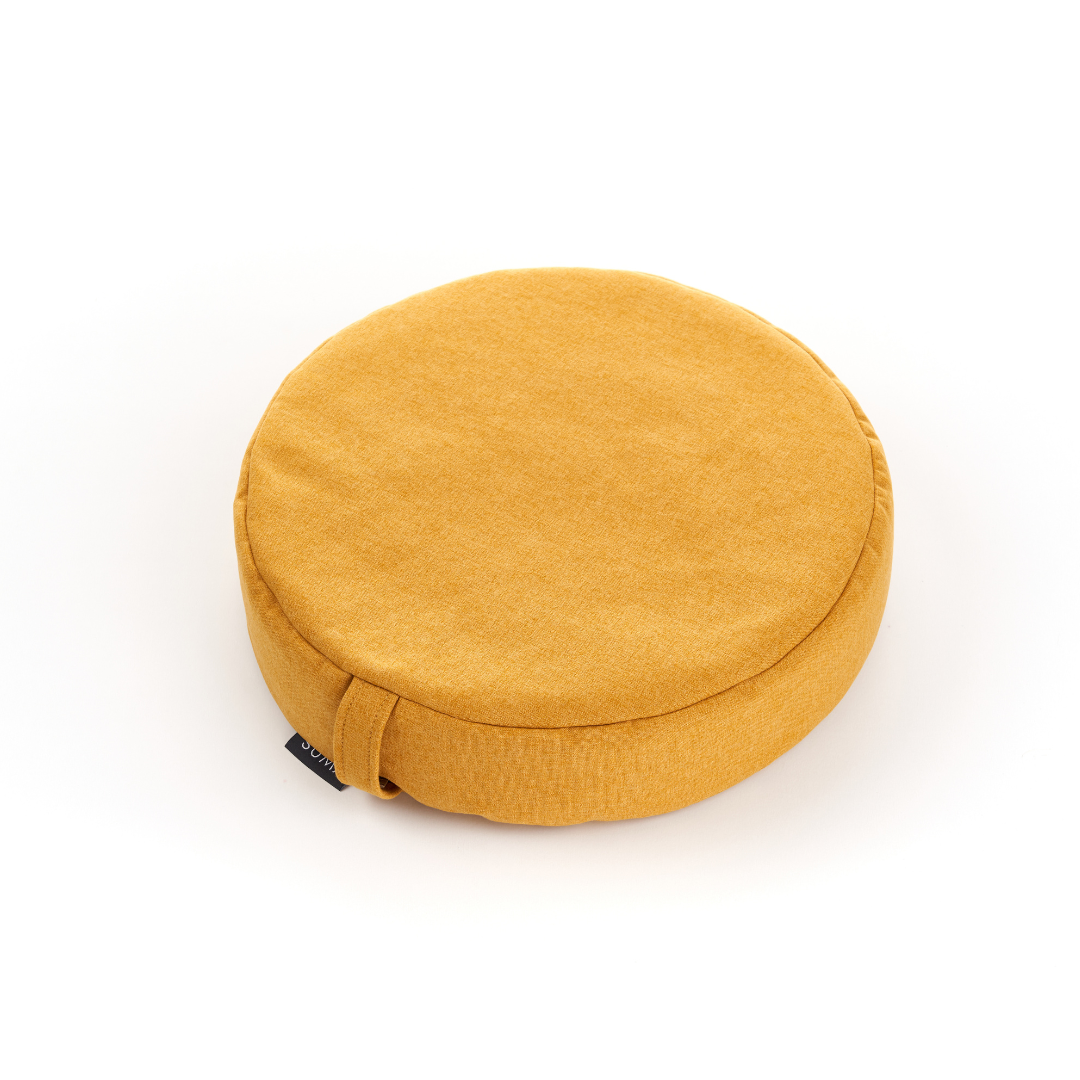

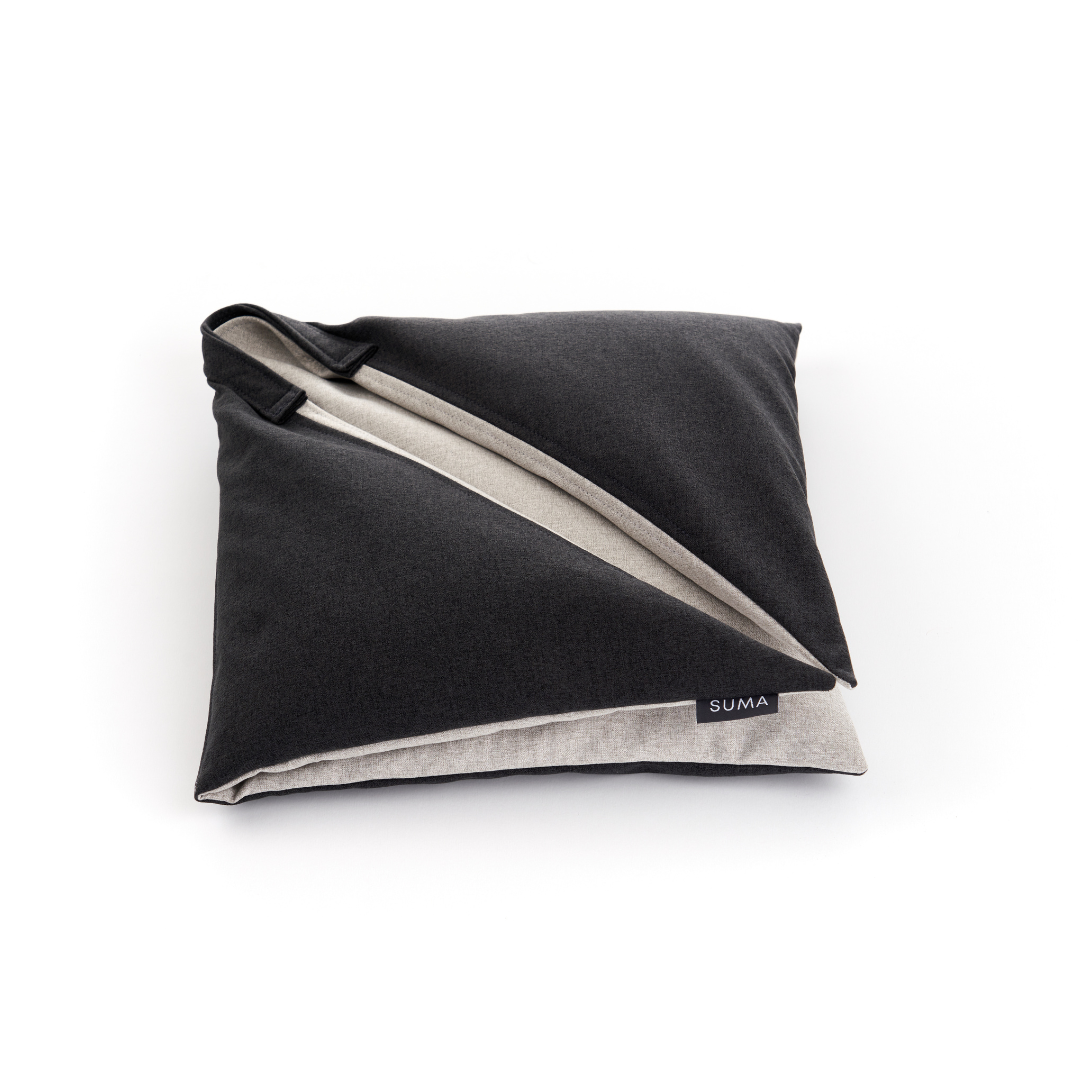
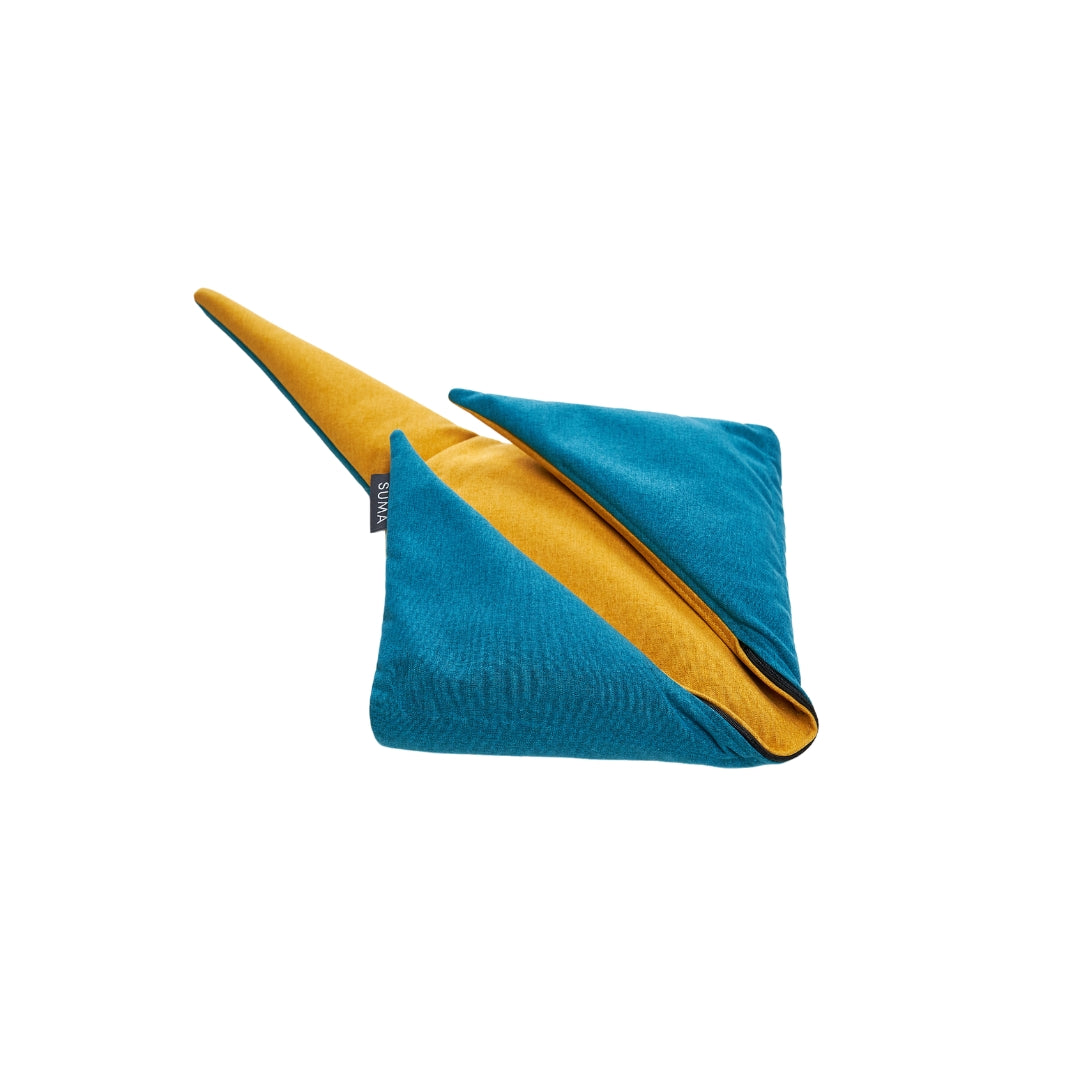
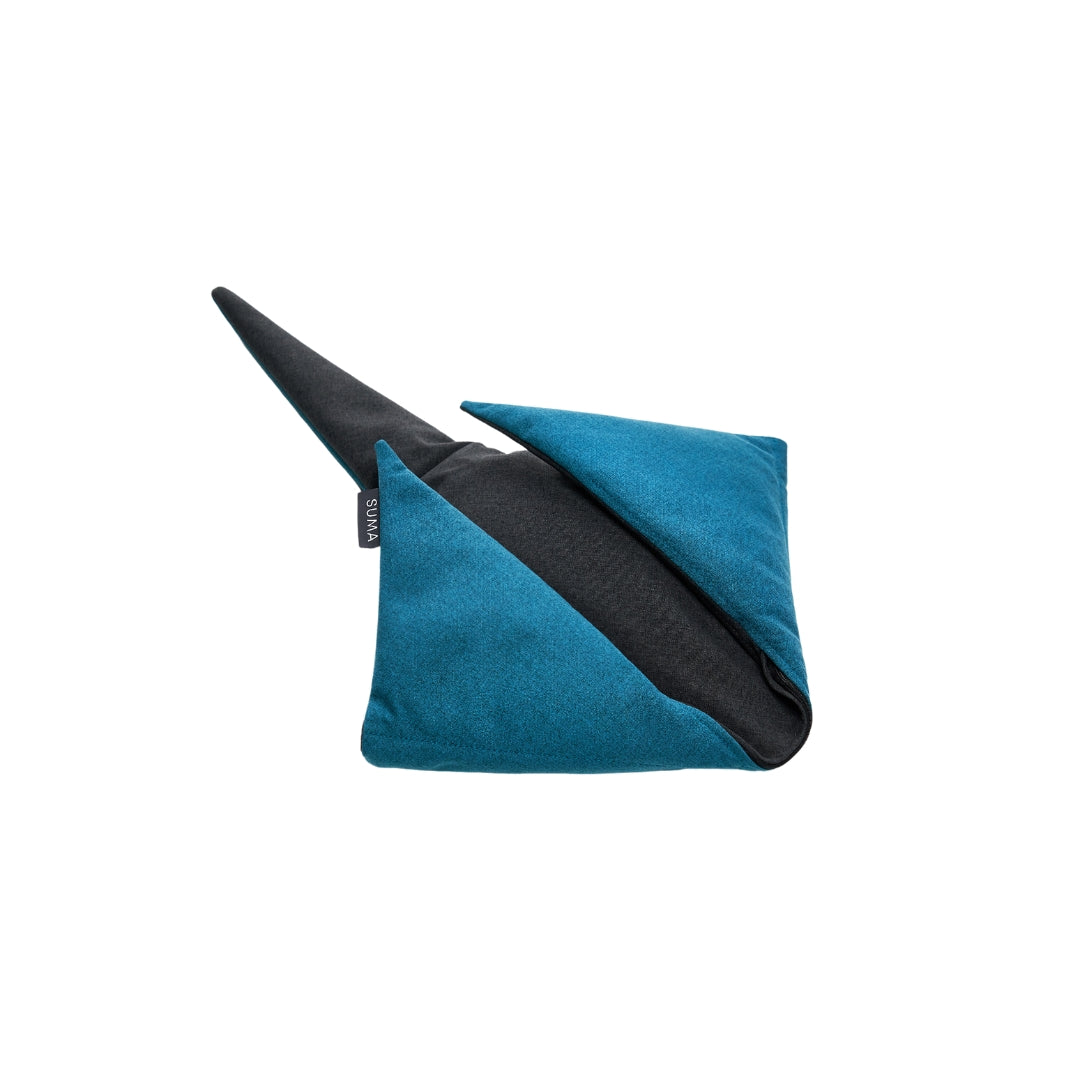


Leave a comment
All comments are moderated before being published.
This site is protected by hCaptcha and the hCaptcha Privacy Policy and Terms of Service apply.